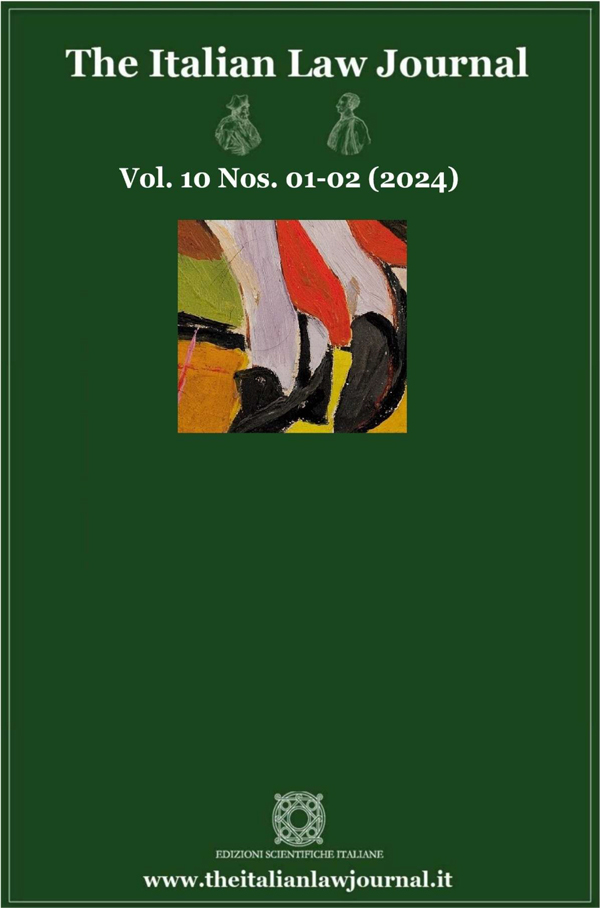5 THE ITALIAN LAW JOURNAL NO. 1 (2019) Thirty Years of CISG: International Sales, ‘Italian Style’ by Edoardo Ferrante The ordering of international contracts has a natural inclination to break free from national systems and create a sort of lingua franca for trade law. This has not prevented international sales, ie the typical model of cross-borders transactions, from finding their main source in the ‘United Nations Convention on Contracts for the International Sale of Goods’ (CISG): a lex indeed, but incomplete and open to derogations, which does not hinder but supports the establishment of a global lex mercatoria. And with the contemporary crisis of European Private Law, the CISG gains ground, both as to the number of ratifying countries and to its ability to generate transnational case-law. DOI 10.23815/2421-2156.ITALJ ISSN 2421-2156
In Italy, the CISG celebrates its thirtieth birthday and time has come for a moment to ‘pause and reflect’. Just to use a motto: ‘little case-law but good’. Whatever reason lies behind such scarcity of case-law, its quality is surely high. After a few initial uncertainties, our court decisions appear mindful, compliant with autonomous interpretation and observant about foreign precedents. For instance, in dealing with international good faith, the formation of contract, the reasonable time for the notice of defects, our courts have substantially achieved the founding fathers’ ideals: uniformity, flexibility, filtration, practicability.
But it is a commonplace belief that the importance of the CISG depends upon much more than its mere being the law in force. It plays the role of a model-legislation. It has been the source of inspiration for new regulations, in Europe and elsewhere – among all, the Directive 1999/44/EC and the new Directive 2019/771/EU on the sale of consumer goods and associated guarantees –it provided guidance for the so-called soft law, it served as a first draft of the Common European Sales Law (CESL) and, even before, of the Draft Common Frame of Reference (DCFR). In a nutshell, it has become a cultural paradigm in the scholarly debate and has found there its paramount ground for legitimacy. Here comes the understanding that studying Italian precedents on the CISG – which are after all national case-law – also means studying how our domestic system is capable of opening the door to universally recognised principles and values.




























